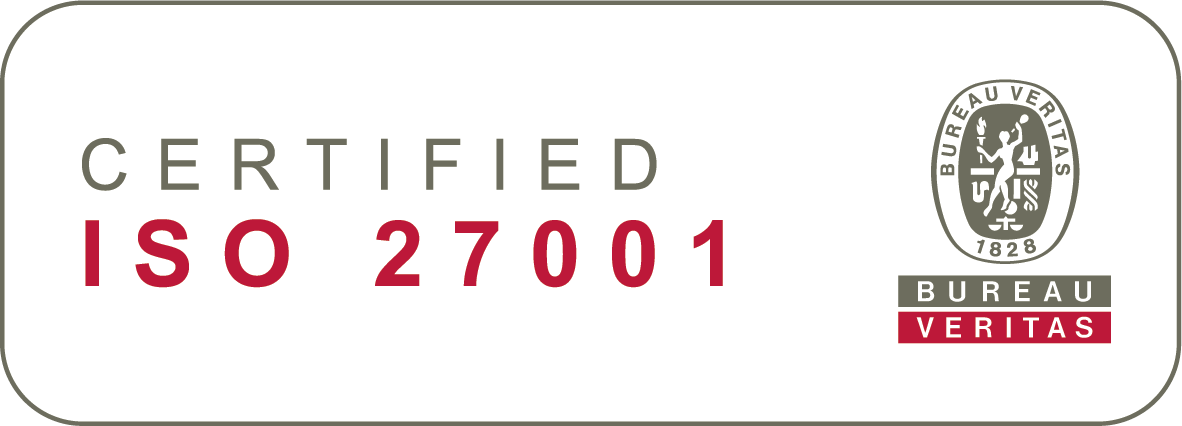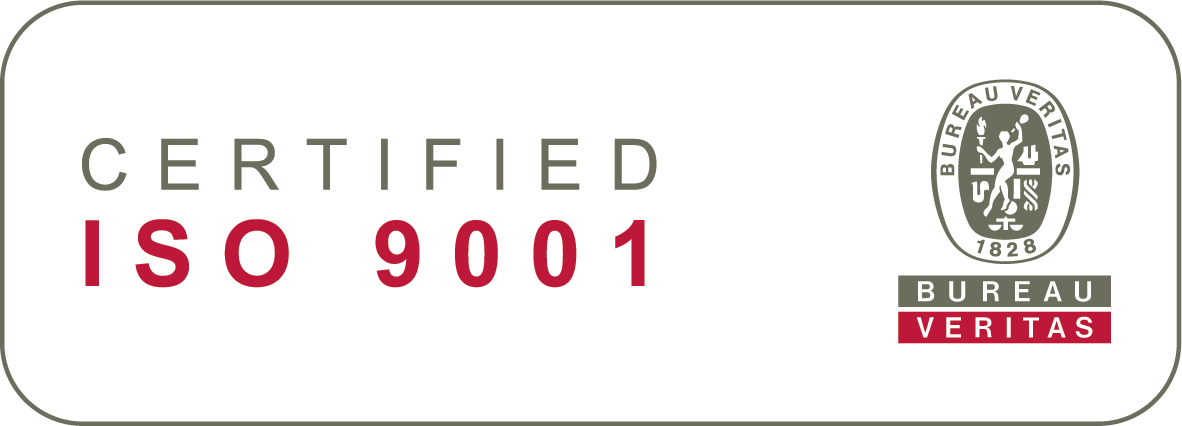In most places there’s a social space where people get together and chat, like the space around the coffee machine. It’s remarkable how important these social spaces can be in terms of encouraging people to engage with each other and share knowledge. Sometimes the collective identity of a company is almost created in these brief moments. As an effect of international expansion, HR is no longer just local. So, what should HR professionals keep in mind when a company has offices in several, often culturally different countries and how do they secure the collective identity?
Some challenges will pop up when expanding internationally, and some of them will naturally be landing on HR’s table to be solved.
The challenges of international growth
Naturally, several challenges will pop up when expanding internationally and some of them will be landing on HR’s table to be solved. Firstly, distance. People need to travel or use online communication in order to work across country borders. Secondly, culture. People need to understand that the company culture and the ways that people work are different from country to country, even between physical close countries in a region such as the Nordics. However big these challenges are, the first basic concern for an HR professional working in an international company, is to keep all the employee data in the same place.
For example, most companies will have managers with team members spread out in several countries and often have HR data scattered across several systems. At the same time it will be impossible to compare team and/or employee performance across borders – and therefore also impossible to clarify which teams have the needed skills for specific tasks or projects. As a consequence, it also makes it hard to see what team or employee needs help with developing their competencies.
Remember to give local offices and HR departments the power to fill in or adjust the frameworks you have created by themselves.
How can HR help to solve these challenges
There is not one solution that fits all companies. You’ll need to figure out what methods are best for your company, but it is good to keep the following things in mind:
- Accept that there will be local differences but work to find common ground and build understanding across the offices.
- Make sure to involve and respect all people and cultures when making changes in a company. This way you’ll get everyone on board right from the start.
- Create a general framework for how things should be done in order to make the HR processes work across countries. However, remember to give local offices and HR departments the power to fill in or adjust those frameworks by themselves. For example, Danish employees are often used to having lot of freedom when it comes to making adjustments and decisions themselves – the so-called “freedom under responsibility” mantra – whereas the employee-manager relationship in other countries might be more “bureaucratic” in nature.
Tips from Nordic HR
One thing that seems to be a common element in the Nordic countries is that we keep organisations flat and power distance low. This offers a great basis for good HR; managers being available and approachable creates genuine communication and understanding. Due to this, employees in the Nordic countries tend to repay this genuine concern kindly and give the best to their employers.
In Nordic countries, HR is taken seriously, and management naturally involves HR in their decision making by asking them for their input and advice. This is due to the fact that the management knows that the people dimension is crucial for the company to reach its business goals, and therefore the HR work will be equally important. A company cannot succeed without its employees and HR ensures that you get the most potential out of your people through securing high-performance leadership. Therefore, involving HR in the decision-making process ensures that you make decisions based on your company’s people data.
What to keep in mind when buying an hr system for international operations
- Plan ahead right from the beginning.
If your company will expand to more countries in the future, will your system be able to grow with you? - Smart reporting tools that enable easy sharing.
Find a system that enables you to create reports of all your international employee data that can easily be shared with the right people and partners. - 3. Flexibility is key.
A system needs to be flexible enough to be adjusted to the company’s international processes with data flowing freely across countries. - 4. Pay attention to local details.
Make sure that the relevant languages, currencies & legislations are supported by the system. - 5. Require experience in international implementations.
The system provider should be able to showcase that they have experience with multinational implementations, in order to provide you with the best possible result.


